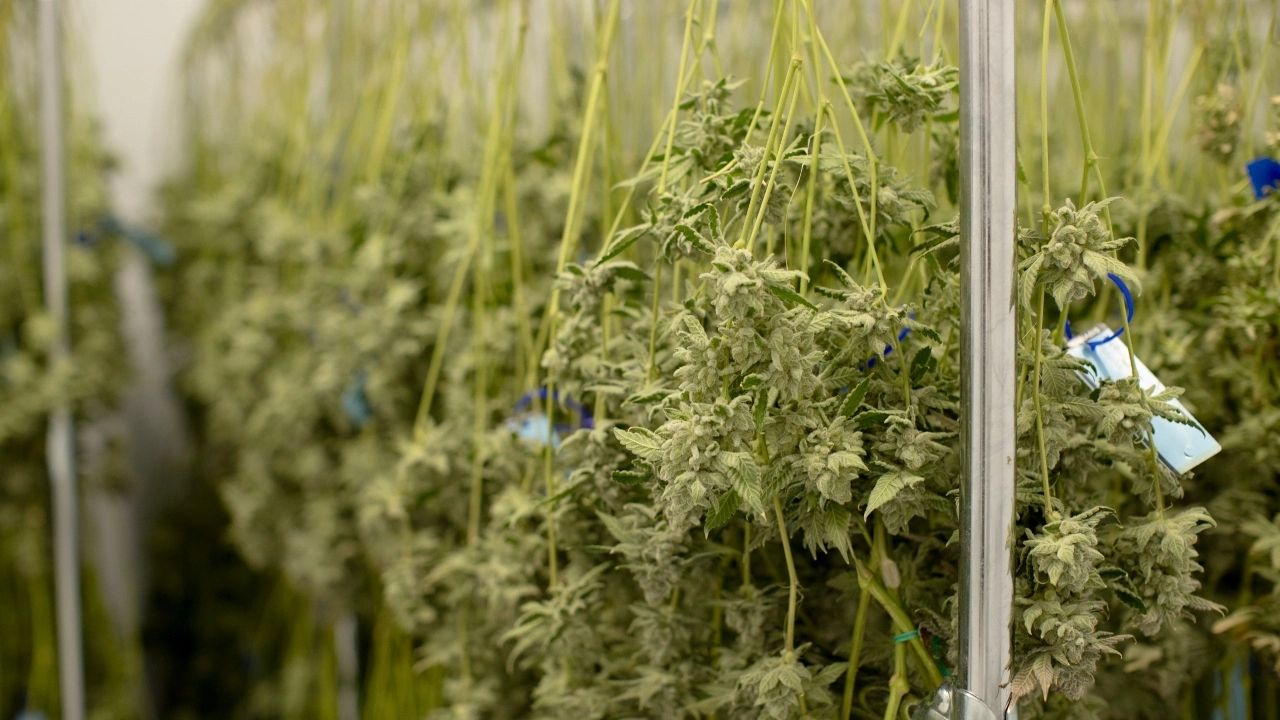Retail license caps in some states and limited capital are forcing marijuana multistate operators to focus on wholesale cannabis sales growth in 2024.
“It certainly was a focus in ’23, and I think will become even more of a focus in ’24,” said Jamie Mendola, chief business development officer, national head of wholesale/purchasing and the Western Region general manager at Florida-based MSO Ayr Wellness.
Mendola said Ayr and other MSOs are prioritizing wholesale for two reasons:
- Many vertically integrated businesses have reached or are approaching their maximum number of retail licenses in key states such as Illinois, Massachusetts and New York.
- Limited capital available to the industry means fewer companies will grow through mergers and acquisitions – or by obtaining more licenses.
“I think the vast majority of cannabis companies are more focused on organic growth,” Mendola said.
“The vast majority of the growth is expected to come from wholesale as opposed to retail – particularly in those markets that aren’t undergoing some type of medical to adult-use transition.”
Price compression and store number dynamics
One issue dampening wholesale growth efforts is the low price of cannabis in mature markets.
In Ayr’s case, for example, Mendola said the volume of wholesale marijuana the company sold in 2023 grew by double digits while prices decreased by double digits.
“We ended the year with growth, but it was certainly masked by a lot of that price compression,” he said.
According to Mendola, lack of vertical integration among the newest retailers could help stabilize prices, since those stores will need product to offer consumers and won’t be generating any supply.
New York-based Curaleaf Holdings is hopeful the growing number of licensed retailers in its home state’s new adult-use market could be a major opportunity for the company.
The MSO, which served New York’s medical cannabis market, is limited to running four MMJ dispensaries in the state.
But Curaleaf CEO Matt Darin told MJBizDaily that the company recently started selling its products in the wholesale market.
“We’re really just starting to scratch the surface of what the opportunities are there, as we’re going to see many more dispensaries opening up in 2024,” Darin said.
That said, more stores won’t necessarily help in more mature markets.
In Massachusetts, for example, operators built out large cultivation facilities back when the industry had access to capital and wholesale marijuana prices hovered around $3,000 per pound.
Now that more operators are up and running, wholesale flower prices are roughly $1,400 per pound, driven in part by declining foot traffic in the state’s stores, according to Ben Burstein, senior corporate development associate at cannabis wholesale platform LeafLink.
Marijuana sales in Massachusetts grew by approximately 5% from 2022 to 2023.
The state added about 100 new marijuana stores over the past year, Burstein said, and about 100 more will come online in 2024.
But as the market has added more cannabis stores, increasing convenience for consumers, sales per store have declined from approximately $400,000 per month to $300,000 per month, Burstein said.
“That’s an interesting implication on how to see future growth,” Burstein said.
“You’d probably get some higher total sales next year, just because it’s opening up, but I think you probably have this continued dynamic where sales per license go down.”
Building value for retailers
That means it’s crucial to ensure that wholesale cultivators build value into every deal with their retail partners – and that value might be about more than price.
Chris Vianello, co-founder of Massachusetts-based retail chain Dazed Cannabis, said prices are only one factor when evaluating wholesale partners to supply its three stores in its home state and New York.
“What we’re asking for in a wholesale partner to deliver value would be consistency, reliability on deliveries and a variety of product offerings,” Vianello told MJBizDaily.
Vianello said that while he wants prices to be fair, it’s really about the products wholesale partners can provide – whether it’s familiar brands produced by multistate operators, premium craft offerings or new products the store’s customers will be curious to try and want to buy again.
“We want there to be something for everybody,” Vianello said.
Mendola said Ayr’s wholesale approach has evolved over the past three to four years from being focused on having a presence in stores to being focused on building value for its retail partners.
To do that, Mendola said the company will use traditional CPG wholesale practices such as bundling products together, discounting and marketing.
“The vast majority of our efforts really focused on being great partners and focused on the sell-through and making sure that we are a valued partner to those dispensaries,” he said.
Mendola added that he wants to ensure Ayr’s retail partners are “earning decent margins selling our products and that we’re really doing a lot of the work to drive natural engagement in demand for our products.”
Kate Robertson can be reached at kate.robertson@mjbizdaily.com.
Chris Casacchia contributed to this report.





